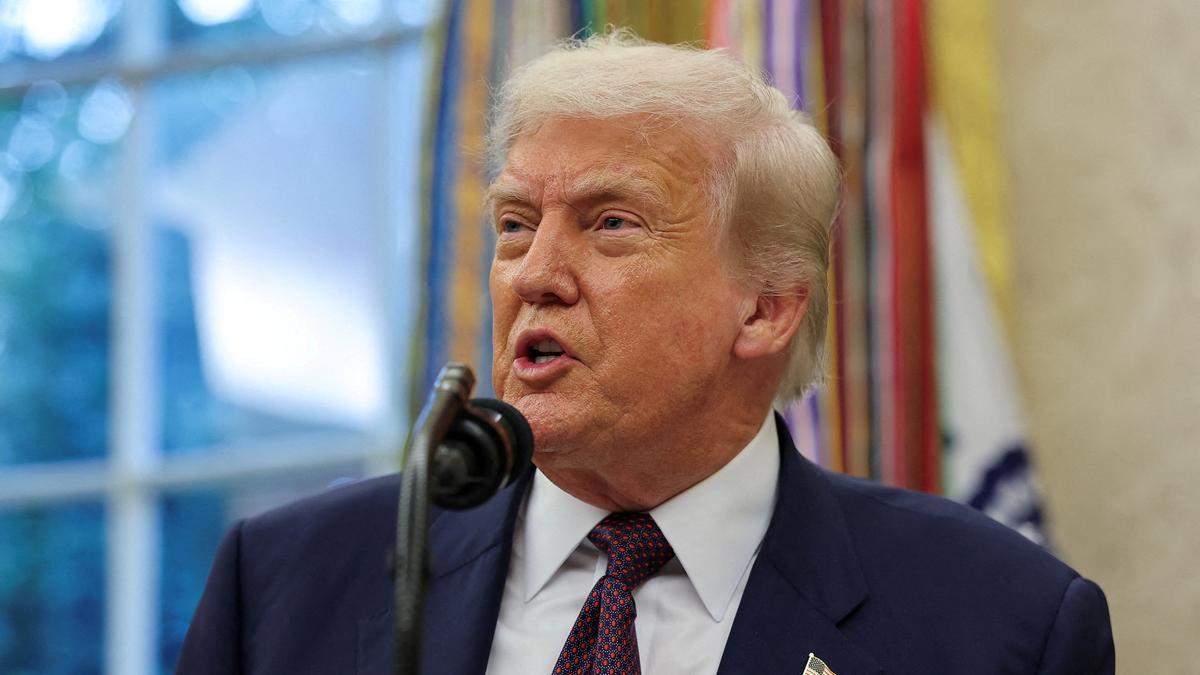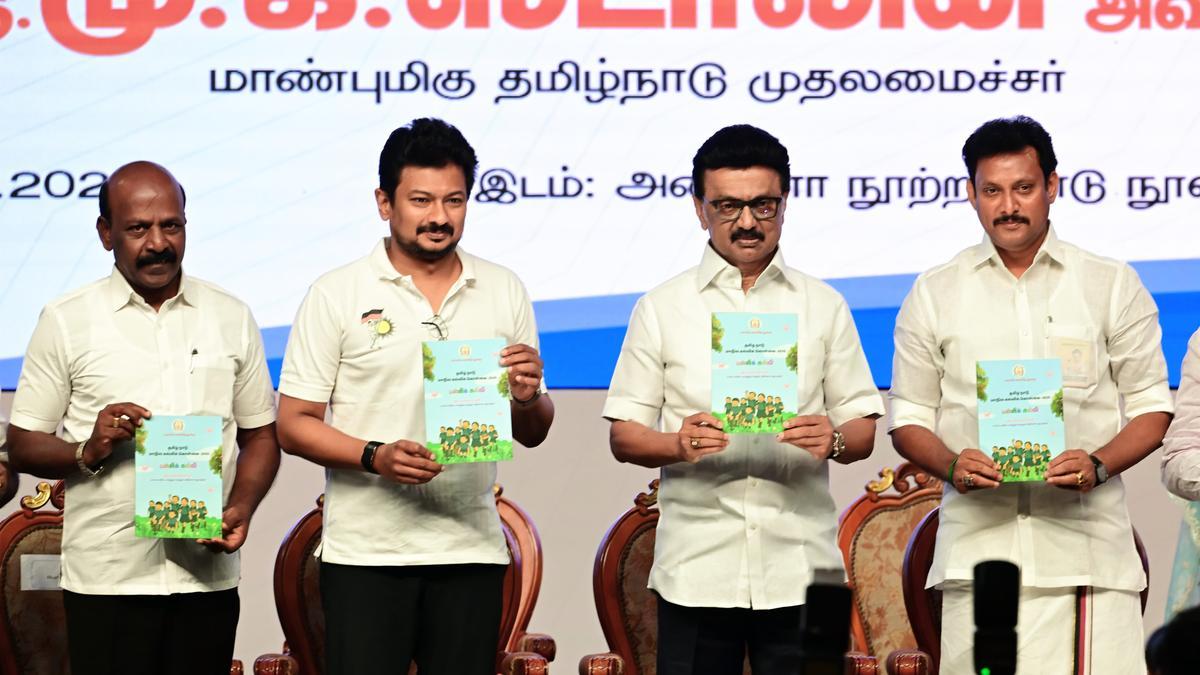(This is the latest edition of the Political Line newsletter curated by Varghese K. George. The Political Line newsletter is India’s political landscape explained every week. You can subscribe here to get the newsletter in your inbox every Friday.)
Two Catholic nuns were arrested by the Chhattisgarh police on charges of human trafficking and forced conversion, and later released from jail. Those who were allegedly trafficked and forcibly converted were legally adults, but the state thinks they cannot change their minds at will, and they may be forced to do things. Meanwhile, the Supreme Court is examining the question of when a girl can be considered able to give consent for sex. The Centre thinks that under no circumstances can a girl be considered as consenting to sex if she is below 18 years, even if her partner is of her age or younger, when it is a boy. One wonders how the law would understand sexual relations between two girls below 18 years — both are considered to be victims of crime as it stands today.
‘Age of consent’ is a decades-old question in India. Most liberal societies have rules that specify the age at which a person can give consent to sex, marry, and be prosecuted for a crime. The underlying premise is that when someone is below that age, they are not mentally equipped to make an autonomous decision. Sometimes these protections are not linked to age alone, but to whole social groups. For instance, tribespeople cannot sell their lands to non-tribals in India without state-monitored conditions. For instance, see this. There are also laws that seek to protect an Indian from leaving the borders of the country into exploitative or dangerous situations outside the jurisdiction of the Indian state.
It is entirely a reasonable and legitimate concern that children and vulnerable people should be protected from dangerous ideas and mala fide actions of others. In the United States, there is an ongoing campaign against exposing kids to sexual content and gender identity questions during early school years. But what is the right way of doing this and how to avoid oppressive control over individual choices? For instance, a proposal to raise the legal age of marriage for women to 21 from the current 18 is under consideration in India.
People who make a choice of changing their faith or marrying as they please do not have it easy at times — the state thinks that they may be doing it due to allurement, under duress, or deception of some sort. In order to protect them from such traps, we have anti-conversion laws, which, incidentally, have a long history that goes back much before the BJP’s rise to power. In recent years, several BJP-ruled States have made laws that seek to protect women from so-called ‘love jihad’. The presumption is that people are incapable of autonomous decisions.
But people change their mind all the time. Some people change their minds and begin to support a different political party than they previously did. In all cases of change of mind, some external stimulation is at play, there is an allurement — the person who is being enticed to buy a KFC meal, to apply for a work visa in Australia, to switch political allegiance, and to convert to a different faith, to marry someone — all are being lured by advertisement, propaganda, or maybe just pure love. Between 2011 and 2023, 16 lakh people surrendered their Indian passports and acquired the citizenship and passport of another country.
The change of mind with the least material consequence is changing one’s faith — because the issues at stake when one changes faith come into play only when one is dead, and pass over to their afterlife. If a Hindu becomes a Christian, what is promised to them, eternal life, will be delivered only after they are dead. All other cases of change of mind have immediate material consequences — when an Indian goes to America, he stops paying taxes in India, for one. Staying on that thought, just to avoid paying taxes in India, thousands of people are legally residents of Dubai, a tax haven.
But the law and law enforcement are harsher on someone who changes their faith or propagates it than on someone who lives in Dubai to avoid paying taxes in India or someone who consciously falls for the allurement of a foreign country and decides to formally abandon their Indian citizenship.
To shield people from dangerous ideas, last week, the Jammu and Kashmir Home Department forfeited 25 books, many by prominent writers such as A.G. Noorani, Sumantra Bose, Arundhati Roy, and Ayesha Jalal. The worry is that they are “propagating false narrative and secessionism”.
The idea that people should be protected from dangerous ideas itself becomes a dangerous idea. Though these laws that deal with the mind are difficult to enforce with any semblance of objectivity, Indian courts are trying to be a step ahead of them. The Bombay High Court on July 25 dismissed a petition filed by the Communist Party of India (Marxist) and the CPI challenging the Mumbai police’s decision to deny permission for a protest at Azad Maidan against the ongoing conflict in Gaza. The court observed that Indian political organisations should prioritise domestic issues over international conflicts. The Supreme Court of India recently wondered whether Leader of the Opposition in the Lok Sabha Rahul Gandhi was a “true Indian”.
Federalism Tract: Notes on Indian Diversity
Trump revives an American delimitation debate

U.S. President Donald Trump has revived a proposal that he could not implement during this first presidency — which is to count the citizens separately in a decadal census, and link political representation to the distribution of citizens as opposed to all residents. Census, in the U.S. and India, counts all residents, and there is no separate classification of citizens. Apportionment of representation and revenue sharing is based on the distribution of residents across the country, though only citizens can vote. During his first presidency, Mr. Trump ordered the inclusion of a question on responder’s citizenship in the 2020 Census. The Supreme Court of the U.S. stalled the move. (The decadal census was carried out, though it was disrupted by the COVID-19 pandemic.) “I have instructed our Department of Commerce to immediately begin work on a new and highly accurate CENSUS based on modern day facts and figures and, importantly, using the results and information gained from the Presidential Election of 2024. People who are in our Country illegally WILL NOT BE COUNTED IN THE CENSUS,” he had posted on August 7. This will lead to a legal battle ahead of the 2030 Census as it happened ahead of the 2020 Census.
The geographical configuration of constituencies can have a significant impact on electoral outcome. Republican Governor of Texas Gregg Abbot is pushing for an out of turn redistricting of House of Representatives seats in the State, hoping to counter a possible countrywide surge of Democrats in next year’s midterm elections. Like in India, redistricting is supposed to be done after each decadal census. But unlike India, it can be done out of turn also in the U.S. The proposed congressional map is aimed at flipping five U.S. House seats currently held by Democrats.
Karnataka and Tamil Nadu choose two-language policy

The Commission for State Education Policy, headed by educationist Professor Sukhadeo Thorat, has recommended Kannada/mother tongue as the medium of instruction in primary education and a two-language policy in place of the current three-language policy in Karnataka, among its key recommendations.
Tamil Nadu Chief Minister M.K. Stalin released the Tamil Nadu State Education Policy – School Education and reiterated the State’s two-language policy of teaching only Tamil and English.
Published – August 09, 2025 10:20 pm IST
